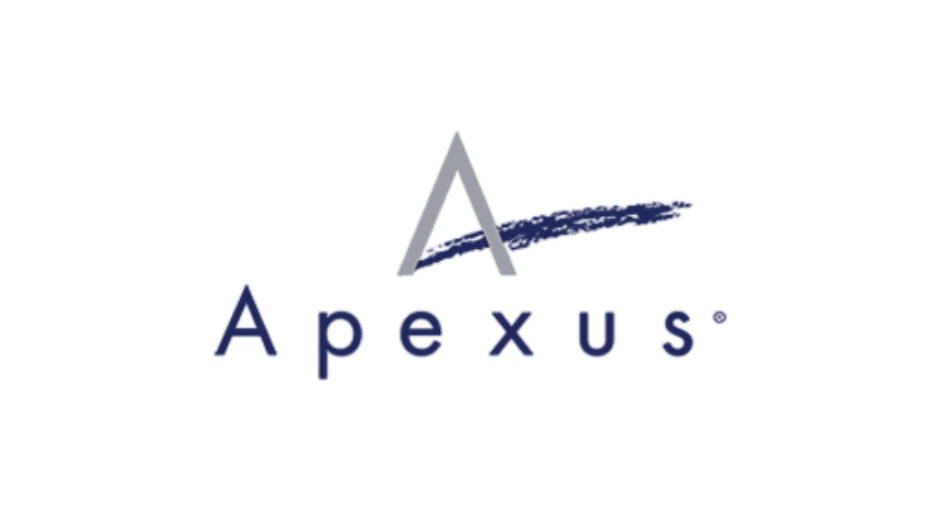SPONSORED CONTENT
The Health Resources and Services Administration (HRSA) conducts randomized audits to assess compliance with the 340B drug pricing program, a federal initiative aimed at providing discounted medications to eligible entities. With more than 13,100 parent entities participating in 340B, this increased participation comes with the responsibility of increased oversight and the likelihood of audits. It’s no longer a question of whether you’ll be audited; it’s a matter of when.
Covered entities with leading practice program auditing processes benefit from continuous insight into program performance, which supports ongoing improvement efforts and perpetual compliance, ultimately allowing these organizations to stretch their resources as far as possible. Apexus provides tools and resources that give guidance on how to optimize a 340B program, minimize noncompliance issues, and effectively prepare for a HRSA audit through the Apexus Advanced 340B Operations Certificate Program.
Managing Expectations: What to Expect During a HRSA Audit
Randomized HRSA audits are based on risk factors including the volume of purchases, number of contract pharmacies, and the complexity of program operations. When an entity is selected for an audit, the authorizing official listed in the 340B Office of Pharmacy Affairs Information System (OPAIS) will receive an engagement letter via email from HRSA informing them of the upcoming audit, summarizing the intent and scope of the audit, and outlining what the HRSA auditors will need on site.
Data Request List (DRL)
The authorizing official will receive a data request list, which must be submitted to HRSA prior to the audit. Data requests may require submission as close as two weeks prior to the audit, so be prepared to produce information within the timeline.
The data request will typically ask for a combined list of 340B prescriptions, drug orders, and dispensing for the covered entity’s mixed-used areas, hospital-owned outpatient pharmacies, contract pharmacies, and other dispensing locations. Covered entities may download the Sample HRSA 340B Audit Data Request List (DRL) for Covered Entities tool from the 340B Prime Vendor Program (PVP) website for more information.
Best practices for maintaining a compliant purchasing account, as well as areas that can raise red flags with auditors, are outlined in the HRSA Audit and Self-Audit Preparedness module in the Apexus Advanced 340B Operations Certificate Program curriculum.
Random 340B Samples
Covered entities selected for a HRSA audit may be asked to provide random 340B samples of purchase history to show eligibility and replenishment.
Enrollees in the Apexus Advanced 340B Operations Certificate Program can review the curriculum’s Diversion module to identify HRSA audit components that examine compliance in preventing diversion and the Replenishment and Separate Physical Inventory Models module to review on-hand inventory audits and annual inventory valuation that will correspond with the inventory model implemented at the entity.
Preparing for a HRSA Audit by Strengthening Daily Operations
Four essentials form the bedrock of compliance and HRSA audit preparedness: self-auditing on a regular basis, maintaining a 340B oversight committee, hiring 340B Apexus Certified Experts (ACEs), and keeping abreast of the latest updates and changes in 340B policy.
Engaging in Regular Self-Audits
The HRSA Audits & Self-Audit Preparedness module in the Operations Certificate Program curriculum describes a detailed self-audit plan for the various 340B settings within a covered entity, which includes industry leading practices. Refer to the self-audit tools on the 340B PVP website for comprehensive guides on each self-auditing area.
Covered entities with contract pharmacies must also have annual external audits. The PVP provides the Independent Audit Request for Proposal Checklist to assist in the RFP process for the external audits. Operations Certificate Program enrollees can review the Contract Pharmacy Inventory Management and Compliance module in the curriculum to examine HRSA contract pharmacy requirements.
Creating a 340B Oversight Committee
An oversight committee is integral to preparing for and executing a HRSA audit. Covered entities should establish and maintain an oversight committee as part of the organization’s perpetual compliance framework. Enrollees in the Operations Certificate Program may refer to the Staffing Models webinar, available in the Exclusive Tools course, for insights on the makeup of 340B oversight committees at 340B entities, including structure and key roles of committee members.
Ensuring that Your Pharmacy Team Has 340B Compliance Expertise
Refer to the Staffing Models webinar in the Operations Certificate Program to identify examples of 340B Program staffing models, review the advantages and disadvantages of each model, and consider how covered entities use their staffing models to ensure 340B Program compliance.
In addition, ensure that your pharmacy team includes at least one 340B ACE, for the following reasons:
- ACEs have completed the 24-module Apexus Advanced Operations Certificate Program curriculum and passed a final exam, validating their 340B expertise.
- ACEs are informed of the most current 340B-related hot topics, as they must recertify every two years by passing another exam covering the latest updates to the 340B Program.
- ACEs have access to exclusive webinars and tools that highlight common problem areas and solutions for maintaining compliance.
- ACEs belong to a community of experts through the 340B ACE Connect program, where they can discuss common challenges.
Staying Up to Date
Attend Apexus compliance and operational webinars to stay current on the latest 340B news, policies, and procedures. Sign up to be notified when enrollment is open for an upcoming Apexus Advanced 340B Operations Certificate webinar.
For more information on optimizing your 340B program, minimizing your noncompliance issues, and preparing for a HRSA audit, visit Apexus.com.




